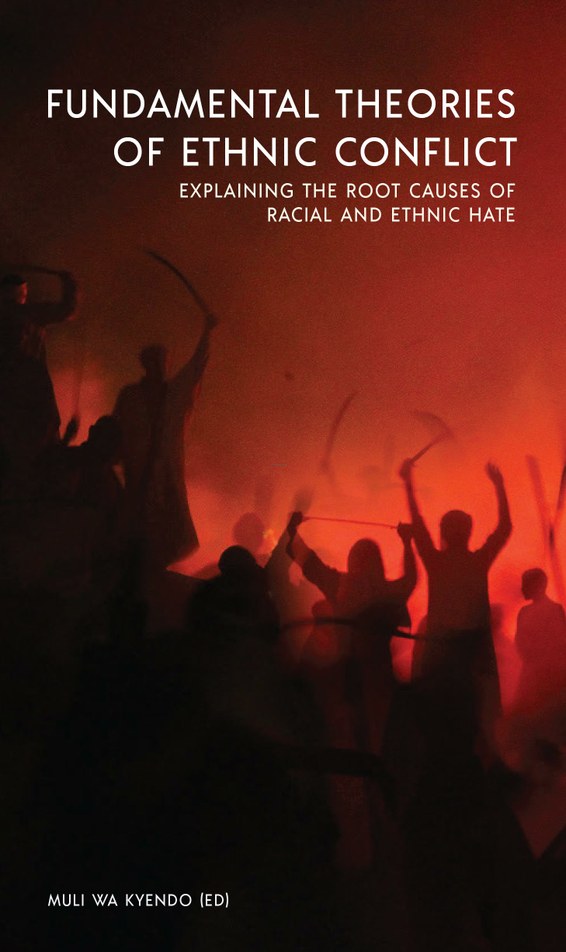|
When reviewing books for publication, it’s my job to help authors straighten things out before publication.
So occasionally, as happened to me last week, I received a manuscript. First I read the title and table of contents, and then saw that horrible word – “Forward.” That’s the title that appears over a text that basically introduces the book to its readers.
Frankly, it could have been a Preface, or even an Introduction, but no. Much worse. It’s just what it says, a “Forward.” And that’s so wrong!
Is it “Forward into Battle”? Should a book have a “Backward” at the end? Or maybe a “Sideward” along the way?
Well no. Then why this mysterious word appears on top of the page following the Table of Contents.
Yes, if you haven’t recognized it, this should be the word “Foreword.” Is that so strange?
It should be “Foreword” as “The Word before the book starts.” It is, yes, one kind of preface or introduction.
Meanwhile, if you are sending a book to an editor or reviewer, please change the “Forward” to ”Foreword.” That way you can get a serious start on reviewing.
Thank you!
Bruce
 Fundamental Theories of Ethnic Conflict, by Muli wa Kyendo (ed.)
Fundamental Theories of Ethnic Conflict, by Muli wa Kyendo (ed.)
Description
This book develops and expands on theories that aim at explaining the root causes of ethnic and racial conflicts. The aim is to shift focus from research, policies and strategies based on tackling the effects of ethnic and racial conflicts, which have so far been ineffective as evidenced by the increase in ethnic conflicts, to more fundamental ideas, models and strategies. Contents extend across many disciplines including evolution, biology, religion, communication, mythology and even introspective perspectives.around the world.
Drawn from around the world, contributors to the book are respected and experienced award winning authors, scholars and thinkers with deep understanding of their special fields of contribution. The book was inspired by the conditions in Kenya, where ethnic violence flared up with terrifying consequences following a disputed election in 2008. Although the conflict was resolved by the intervention of the international community, Kenyans – like many other Africans - continue to live in fear of ethnic conflicts breaking out with more disastrous consequences. The book will be useful to policy makers, NGOs and others involved in promoting peace. It will also be useful in guiding research and as a text book in universities and colleges.
Handbook of Research on Examining Global Peacemaking in the Digital Age, Bruce L. Cook (ed.)
Description
Violent behavior has become deeply integrated into modern society and it is an unavoidable aspect of human nature. Examining peacemaking strategies through a critical and academic perspective can assist in resolving violence in societies around the world.
The Handbook of Research on Examining Global Peacemaking in the Digital Age is a pivotal reference source for the latest research findings on the utilization of peacemaking in media, leadership, and religion. Featuring extensive coverage on relevant areas such as human rights, spirituality, and the Summer of Peace, this publication is an ideal resource for policymakers, universities and colleges, graduate-level students, and organizations seeking current research on the application of conflict resolution and international negotiation.
Visit our sister web sites..
http://www.author-me.com/
http://www.authormepro.com
http://www.reservebooks.com/
http://www.strategiesforpeace.org/
http://www.sudanlit.com/
http://www.cookcom.net/
http://www.innisfreepoetry.org
We have developed a world peace website: www.wwpo.org
Publishing New Writers,
July, 2020 (vol. 21, no. 7)
Publisher:
Dr. Bruce L. Cook
1407 Getzelman Drive
Elgin, IL 60123
Submissions/comments cookcomm@gmail.com. Links are welcome. To subscribe and/or review our archive of past newsletters, go to
http://www.author-me.com/newslist.htm